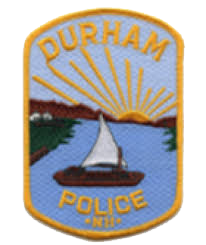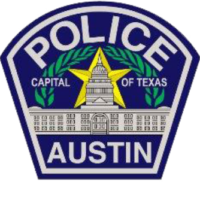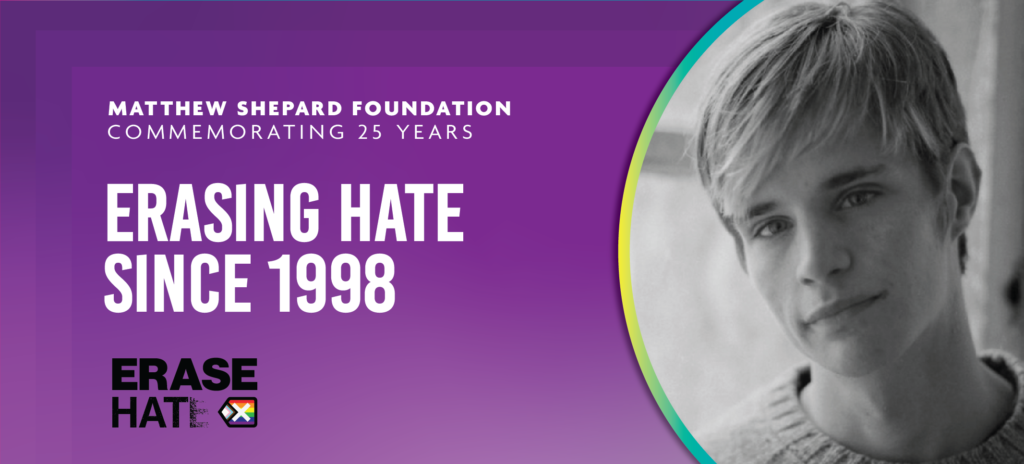The fact is hate crimes are real, on the rise, chronically underreported, and have widespread negative impacts on targeted communities. It is our duty to pay attention, sound the alarm, and work to solve this growing public safety emergency.

About our Hate Crimes Response and Prevention Training
The Creating Safer Communities Hate Crimes Training, offered by the Matthew Shepard Foundation and the Lawyers’ Committee for Civil Rights Under Law, provides officers and prosecutors the skills and tools required to improve relations with marginalized communities, while enhancing their understanding of the need for effective and prompt hate crime enforcement. Upon completion of our training, officers and prosecutors will:
- Be proficient in recognizing and identifying bias indicators when responding to a hate crime.
- Demonstrate enhanced skills in engaging with victims in a sensitive and respectful manner.
- Possess the ability to determine what facts are necessary to substantiate the criminal charge and the bias motivation.
- Understand how prosecutors and police can work together effectively to obtain convictions, and how to accurately report data.
Our Impact
Since May of 2017, we have provided training to over 1,400 law enforcement officers and prosecutors in 45 cities including the following: Knoxville, TN; Providence, RI; Tampa, FL; Brattleboro, VT; Durham, NH; San Antonio, TX; Arlington, TX; Cleveland, OH; Chicago, IL; Pittsburgh, PA; Phoenix, AZ; Hudson County, NJ; Austin, TX, Worcester, MA; Southbridge, MA; Mesa, AZ; Tucson, AZ; Charleston, SC; Orlando, FL; Milton, MA
Testimonials

“We were ecstatic to have this training brought to the UNH/Durham community to enhance our capacity in the investigation of hate-bias events. My concern as police chief is that our officers may investigate a rock through a window as a criminal investigation but with their exposure to the training, they have the capacity to look further to ensure that there is no bias motivation behind the seemingly benign event. As the policing environment evolves, it is critical that our staff remain aware that the best of community is diversity and we must remain cognizant of the nuances of that diversity!”
Chief Dave Kurz, Durham Police Dept.

“This isn’t a theory class; this is actually working real cases so we can become better ourselves, and working in that collaborative effort between investigators and prosecutors and advocates because those are going to be the people in the real world that are going to be taking those cases forward.”

